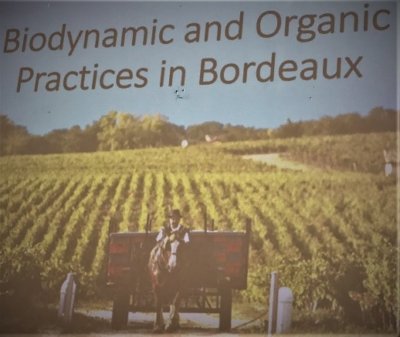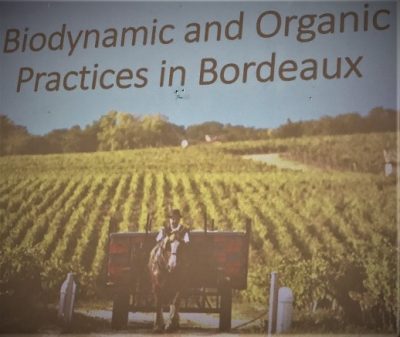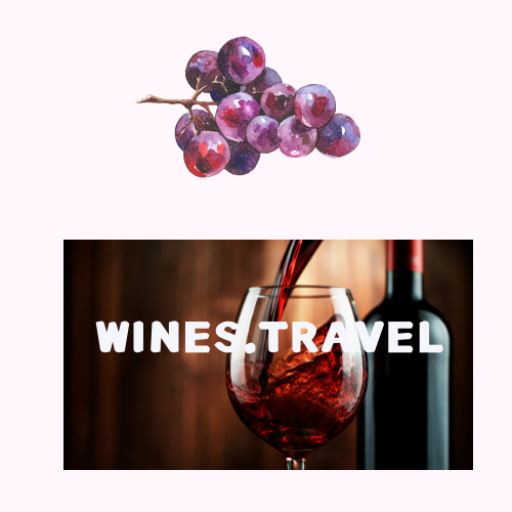
Biodynamic Bordeaux
Elementary
The Bordeaux wine region in southwestern France produces some of the most desired wines and vintages in the world. Once considered a center for traditional viticulture, Bordeaux is quietly, but effectively, changing its farming procedures and embracing organic and/or biodynamic agricultural practices. Yes, the challenges continue (humid climate, sizeable estates, risk-averse owners); however, these issues are being overcome “biodynamically,” and wines estate owners/managers are delighted with the results.
History
The concept of biodynamics started in 1924 when philosopher and scientist, Dr. Rudolf Steiner lectured to farmers on ways to integrate science with the spirits in nature. While the concept has evolved through the work of farmers and researchers, the reality is that thousands of gardens, farms, vineyards, ranches and orchards, having adopted this program, are thriving.

Certification
possible to reach millions worldwide
Google News, Bing News, Yahoo News, 200+ publications
The vineyards that qualify as biodynamic receive recognition through the Demeter Biodynamic Standard certification program established in 1928 and managed worldwide by Demeter International. In excess of 5000 farms, representing over 400,000 acres are certified biodynamic in 60 countries. Biodynamic certification in the US is managed by Demeter USA and uses the USDA organic standard as a foundation – with additional requirements:
- Demeter Biodynamic Farm Standard requires that the entire farm, and not just a specific crop, be certified and,
- Crops and livestock are integrated and animals are treated humanely
- Imported fertility is kept to a minimum
- Biodynamic preparations are regularly applied
- At least 50 percent of the livestock feed must be grown on the farm
- At least 10 percent of the total farm acreage must be set aside for biodiversity
- Organisms (GMOs) are not used
- Only certain organic preparations are used to battle insects /plant diseases
- Chemical and artificial fertilizers, herbicides, pesticides, growth hormones and genetically modified are not permitted
- The farm must meet standards of social responsibility
Green is Good
In Bordeaux, there are currently 30+ vineyards practicing organic and/or biodynamic farming and includes almost 8000+ ha (2017). The greatest concentration of biodynamic wine estates are located on the right bank of the Garonne, the locale for the smaller, family-run estates where the chateaux owners believe the cosmic movement impacts positively on their vineyards and adapt their work to the lunar calendar.
Read the full article at wines.travel.
